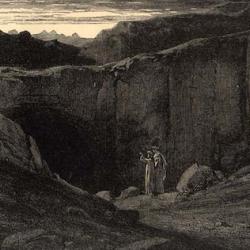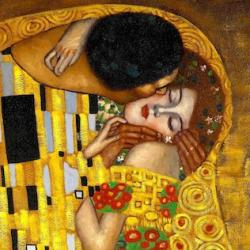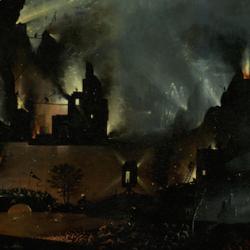In a NYRB review of Justin Steinberg’s Dante and the Limits of Law, Robert Pogue Harrison pinpoints why the Comedy is so disquieting. Steinberg’s book shows how thoroughly the Comedy is indebted to medieval conceptions of law and punishment, and thus how much Dante’s poem is an effort to restore his own damaged reputation.
Dante does this in part by repeatedly displaying the gap between public reputation and moral character: “By revealing this chasm between earthly and divine justice, or between public reputation and posthumous fate, Dante implicitly casts doubt on the accepted legal practice of using public opinion as a basis for legal judgments. As Steinberg reminds us, when Dante’s wayfarer expresses amazement that the pagan Ripheus—a minor character in Virgil’s Aeneid—is in Heaven, the great eagle in Paradiso 20 declares: ‘And you mortals, hold back from judging, for we, who see God, do not yet know all the elect.’”
It’s a lesson for our day as much as for Dante’s.
But Harrison asks the obvious question: “where does that leave the Commedia? Either we believe that the poem had a superhuman authorship (that Heaven set its hand on it, as Dante claims in Paradiso 25), in which case we are free to believe that its vision represents God’s true moral order; or else we believe that it had a strictly human authorship—that Dante Alighieri, the historical individual, created its poetry of Hell, Purgatory, and Heaven—in which case we must assume that Dante was the arbiter who saved or damned the souls his wayfarer meets on the journey.”
If the latter is the case, then Dante is engaging in the same sort of “partial, prejudicial, or precipitous judgments that, according to Steinberg, he censures in his Commedia.” Dante’s can’t really condemn anyone to hell, but he does have a significant “impact on the historical reputations—the fame or infamy—of the characters he meets in the otherworld.” Harrison cites the example of Brunetto Latini, a 13th-century humanist, whom Dante is surprised to find in the ring of sodomites. There’s no independent evidence that Brunetto was a homosexual, but today he is remembered only for that. Harrison is severe with Dante, “without any forensic evidence of his own, Dante besmirches his teacher’s reputation for centuries to come. To this day, thanks to Dante, Brunetto Latini is remembered more as a sodomite than as a great humanist. In my view, this violent hijacking of a person’s posthumous reputation constitutes a crime, especially in the case of a man like Brunetto who spent most of his life forging and curating his future fame.”
(Harrison, “Dante on Trial,” NYRB, February 19, 2015.)















